All Stories
-
 Space
SpacePhysicists dispute a claim of detecting a black hole’s ‘photon ring’
A thin ring of light around a black hole, which would probe gravity in a new way, has been found, one team claims. Skeptics aren’t convinced.
-
 Health & Medicine
Health & MedicineThe curious case of the 471-day coronavirus infection
One patient couldn’t get rid of their coronavirus infection. The case gave scientists an unprecedented look at viral evolution.
By Meghan Rosen -
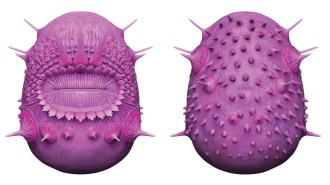 Paleontology
PaleontologyThis bizarre ancient critter has been kicked out of a group that includes humans
A wee sea creature without an anus was thought to be the oldest deuterostome. New imaging showing it had spines led to its reclassification.
By Anna Gibbs -
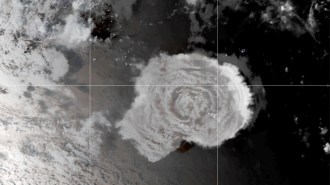 Earth
EarthThe Tonga eruption may have spawned a tsunami as tall as the Statue of Liberty
A massive undersea volcanic eruption in the South Pacific in January created a tsunami that was initially 90 meters tall, computer simulations suggest.
By Sid Perkins -
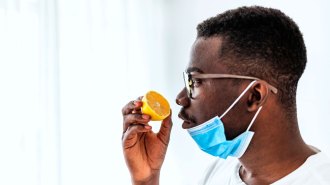 Neuroscience
NeuroscienceCOVID-19 gave new urgency to the science of restoring smell
With newfound pressure from the pandemic, olfactory training and a host of other newer treatments are now getting a lot more attention.
-
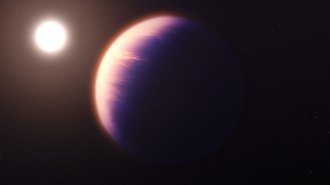 Astronomy
AstronomyThe James Webb telescope spotted CO2 in an exoplanet’s atmosphere
The first definitive detection of the gas on a world in another solar system paves the way for detections in planets that are more Earthlike.
-
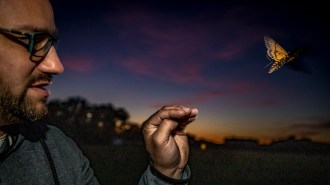 Animals
AnimalsHow death’s-head hawkmoths manage to fly straight for miles in the dark
By tailing death’s-head hawkmoths in an airplane, scientists have found that the nocturnal insects appear to navigate using an internal compass.
By Anil Oza -
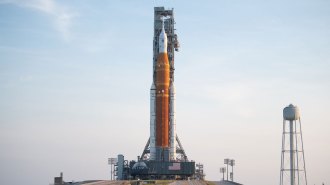 Space
SpaceNASA’s Artemis I mission sets the stage for our return to the moon
The launch will test many aspects of the rocket, capsule and spacesuits that will take astronauts back to the moon.
-
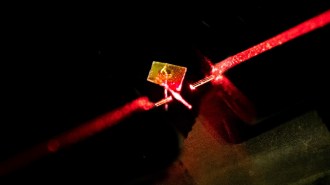 Physics
Physics‘Chameleon’ forces remain elusive in a new dark energy experiment
A hypothetical fifth force associated with “chameleon” dark energy and that morphs based on its environment didn’t turn up in a sensitive experiment.
-
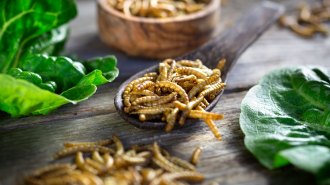 Science & Society
Science & SocietyA new seasoning smells like meat thanks to sugar — and mealworms
A spoonful of sugars could help cooked mealworms go down more easily, a potential boon for the planet.
By Anil Oza -
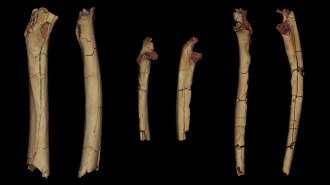 Anthropology
Anthropology7-million-year-old limb fossils may be from the earliest known hominid
An earlier report on one of the bones of a 7-million-year-old creature that may have walked upright has triggered scientific misconduct charges.
By Bruce Bower -
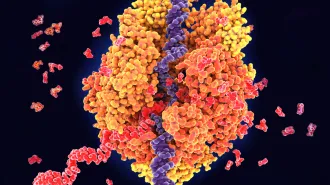 Tech
Tech50 years ago, genes eluded electron microscopes
In the 1970s, scientists dreamed of seeing genes under the microscope. Fifty years later, powerful new tools are helping to make that dream come true.
By Nikk Ogasa